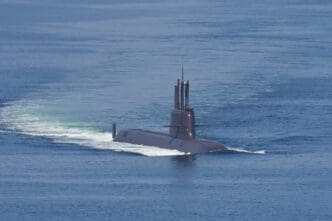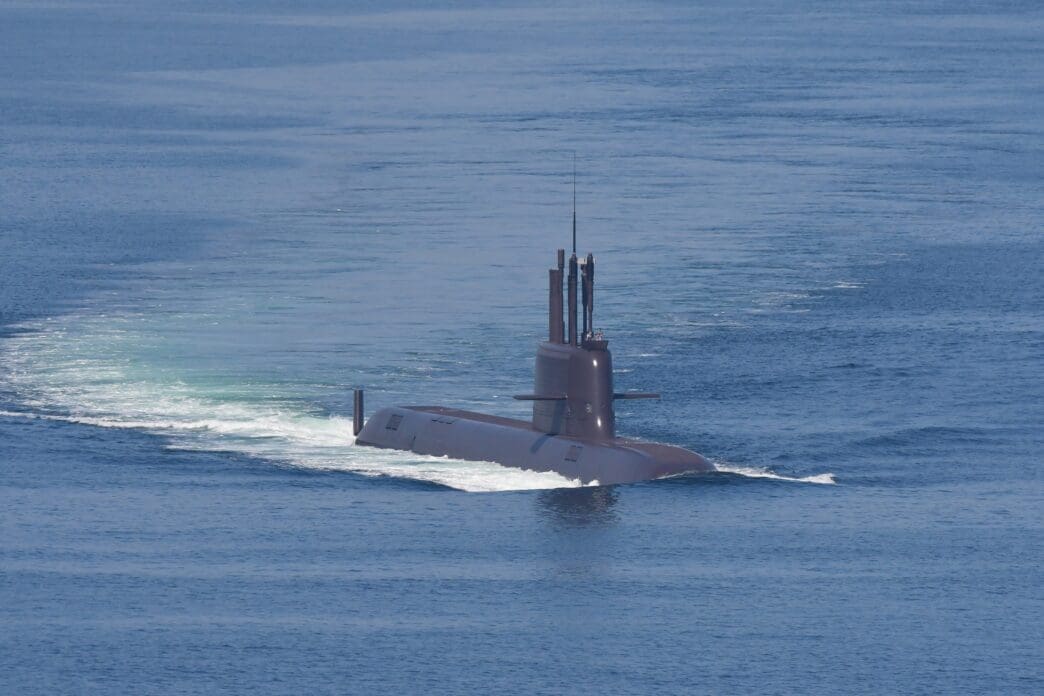Executive Summary
The Story So Far
Why This Matters
Who Thinks What?
President Donald Trump announced on Thursday that he has granted South Korea approval to construct a nuclear-powered submarine, which he stated would be built in the United States. The announcement came via social media during his visit to Asia, where he was engaging with South Korean President Lee Jae Myung and other regional leaders.
Defense and Economic Agreements
Trump’s social media post specified that the submarine would be constructed in Philadelphia. This development follows South Korea’s long-standing interest in gaining U.S. permission to reprocess nuclear fuel for submarines, which would enhance their capacity to track North Korean and Chinese vessels for extended durations. Under an existing pact, Seoul requires U.S. consent for such reprocessing.
In addition to the submarine agreement, Trump also indicated that South Korea had committed to purchasing substantial quantities of U.S. oil and gas. These discussions occurred amidst his trip to Asia, which included a summit in South Korea where he and President Lee finalized details of a complex trade deal on Wednesday.
Context of Bilateral Relations
The agreements underscore ongoing cooperation between the United States and South Korea on defense capabilities and economic ties. South Korea’s pursuit of nuclear-powered submarines is seen as a strategic move to bolster its naval presence and surveillance capabilities in the region, particularly concerning its neighbors.
The U.S. has historically maintained a significant military and economic relationship with South Korea, shaped by geopolitical dynamics in East Asia. The recent approvals reflect continued efforts to strengthen these bilateral ties amidst evolving regional challenges.








